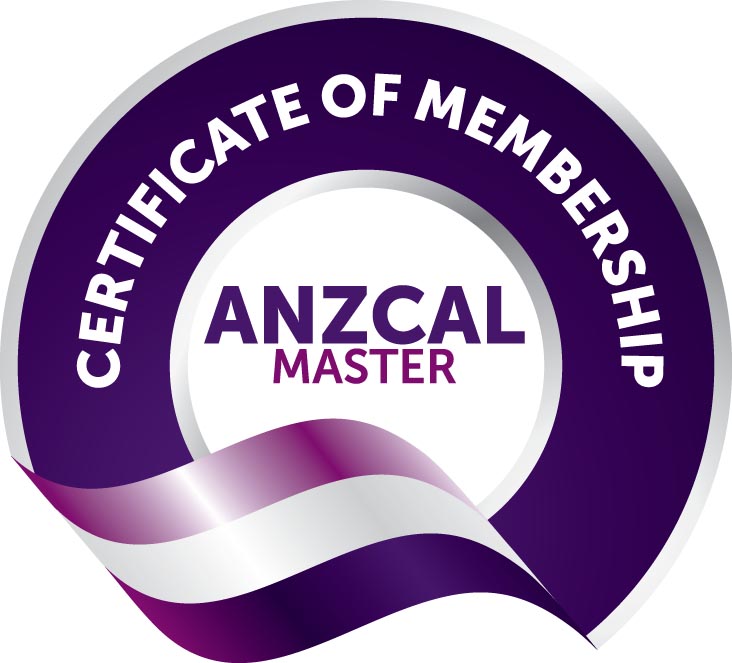As an early childhood educator, cultivating a growth mindset in oneself and in one’s students is crucial for fostering a positive and supportive learning environment. Early childhood is a critical period for developing cognitive, social, emotional, and physical skills that lay the foundation for future learning and success. Children who develop a growth mindset in the early years are more likely to embrace challenges, persist in the face of difficulties, seek feedback, and view mistakes as opportunities for learning (Boylan et al., 2018).
- A growth mindset is the belief that one’s abilities and intelligence can be improved through effort and learning.
- A fixed mindset, on the other hand, is the belief that one’s abilities and intelligence are innate and unchangeable. Research has shown that having a growth mindset can lead to higher academic achievement, motivation, resilience, and well-being (Dweck, 2006).
How can early childhood educators cultivate a growth mindset in themselves and in their students?
Here are some strategies that can help:
-
Model a growth mindset.
Early childhood educators can demonstrate a growth mindset by sharing their own learning goals, challenges, and successes with their ākonga. They can also show curiosity, enthusiasm, and perseverance in their own learning activities and encourage their students to do the same. By modelling a growth mindset, educators can inspire their students to adopt a similar attitude towards learning (Andersen & Nielsen, 2016).
-
Praise the process, not the outcome.
Early childhood educators can foster a growth mindset in their learners by praising their effort, strategies, progress, and improvement rather than their innate ability or performance. For example, instead of saying “You are so smart!” or “You got an A!”, they can say “You worked really hard on this!” or “You improved so much since last time!” This way, they can help their ākonga value the learning process more than the final result and motivate them to keep trying and improving (Dweck et al., 2014).
-
Provide constructive feedback and guidance.
Early childhood educators can support their learners to develop a growth mindset by providing them with specific, timely, and actionable feedback that helps them identify their strengths and areas for improvement. They can also offer them guidance and scaffolding that helps them overcome challenges and achieve their goals. For example, instead of saying “This is wrong” or “You can’t do this”, they can say “This is how you can improve” or “You can do this if you try this strategy”. By providing constructive feedback and guidance, educators can help their ākonga learn from their mistakes and develop effective problem-solving skills (Haimovitz & Dweck, 2017).
-
Encourage a culture of collaboration and peer learning.
Early childhood educators can promote a growth mindset in their students by creating a culture of collaboration and peer learning in their classroom. They can encourage their ākonga to work together, share ideas, give and receive feedback, and learn from each other’s perspectives and experiences. They can also celebrate their learners collective achievements and efforts rather than individual ones. By encouraging a culture of collaboration and peer learning, educators can help their ākonga develop social and emotional skills such as communication, empathy, cooperation, and respect (Bialik et al., 2015).
Cultivating a growth mindset and embracing challenges as an early childhood professional can have significant benefits for teachers and learners. A growth mindset can foster a passion for learning and an ease in facing new challenges that are essential for success in the twenty-first century. Early childhood teachers and leaders can cultivate a growth mindset in themselves and in their ākonga by modelling it, praising the process, providing constructive feedback and guidance, and encouraging a culture of collaboration and peer learning.
© Gaynor Clarke, 2023
Gaynor Clarke
B.Ed (Teaching), Cert Tertiary Teaching, PGDip Ed, MEd Leadership
Reach. Teach. Lead.
Reach Education Ltd
Teacher Leadership Mentoring and Life Coaching. Personal and Professional Development.
Gaynor is a teacher educator and mentor facilitating personal & professional leadership wellbeing outcomes for teachers.
If you are an early childhood teacher or leader looking to enhance your leadership skills, I would love to work with you. As a leadership mentor and coach, I specialize in helping early childhood educators develop their leadership potential and make a positive impact for the ākonga they serve. If you are interested in learning more about my leadership mentoring services, please visit my website or contact me directly to schedule a consultation. I would love to work with you!









Leave a Comment
You must be logged in to post a comment.